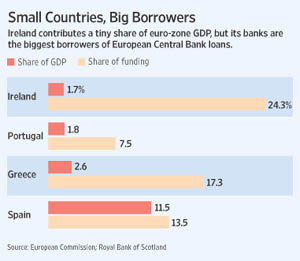Online frauds have gone up significantly and the losses are on the tune of millions of dollars. Small time merchants and businesses can beef up their vigilance but it is necessary to get some guidance on how to tackle such scams. If they are in contact with other merchants they can get to know about the latest scams going around, what websites are fraudulent, what type of credit card frauds are going on, etc.
419Legal is a fake online fraud forum where you can visit and post the complaints. It was started in 2004 by Jelsoft Enterprises. On this forum members can post queries, ask for advice, leave posts and so on. It covers all kinds of scams such as phishing alerts, fraudulent websites alert, scam alerts, lottery scams, employment scams, credit card scams, debt collection scams, identity theft, mail order and retail scams, work at home scams, investment frauds and so on.
Members who have fallen prey to scams post what emails to avoid. There are many emails which claim that you are a winner in some lottery and ask you to furnish personal and financial details. Certain emails ask you to help the poor by donating and ask for your credit card number. In the event of some natural calamity you get emails to donate to some fake charitable organization. You are asked to transfer funds to help the needy. The website looks very convincing but has false domain registration.
Another online fraud forum maintained by Jelsoft Enterprises is FraudWatchers. It is available in eight languages. Their aim is to give support, guidance and assistance to victims of fraud. They want to educate people about the various online frauds and how they work. Information is the biggest weapon. They keep people informed about lottery scams, employment scams, advanced fee fraud, fake auctions, money laundering schemes, bogus employment scheme, and internet dating schemes and so on.
FrauAid is another online fraud forum whose motto is ‘word of mouth on online fraud’. It was started by Annie McGuire who believed that we can beat fraud if we talk about it and share our experiences with others. Most people prefer to keep silent if they fall prey to scams. But each scam is a theft, a violation of your rights and it should be reported. New members are given a backstage tour of how the scams work and how they gain your confidence and trick you. They provide fraud recognition and prevention education.
These forums are a good platform on what questions to ask and what steps to take to avoid being scammed. With sharing and vigilance it is possible to beat the scammers at their own game.



